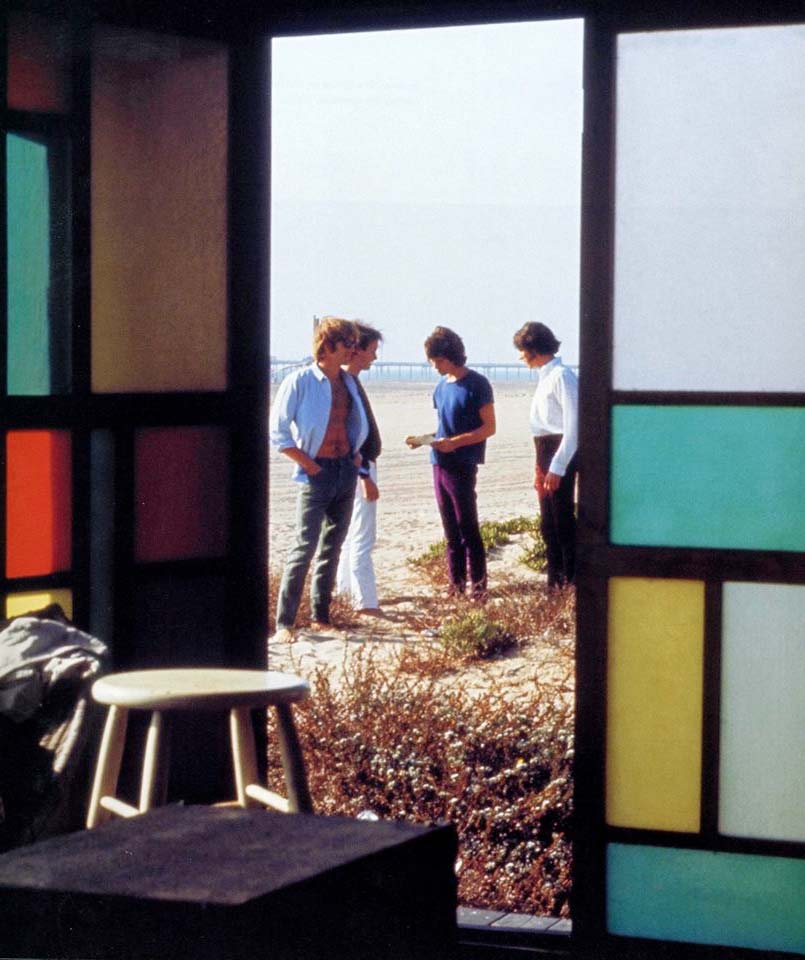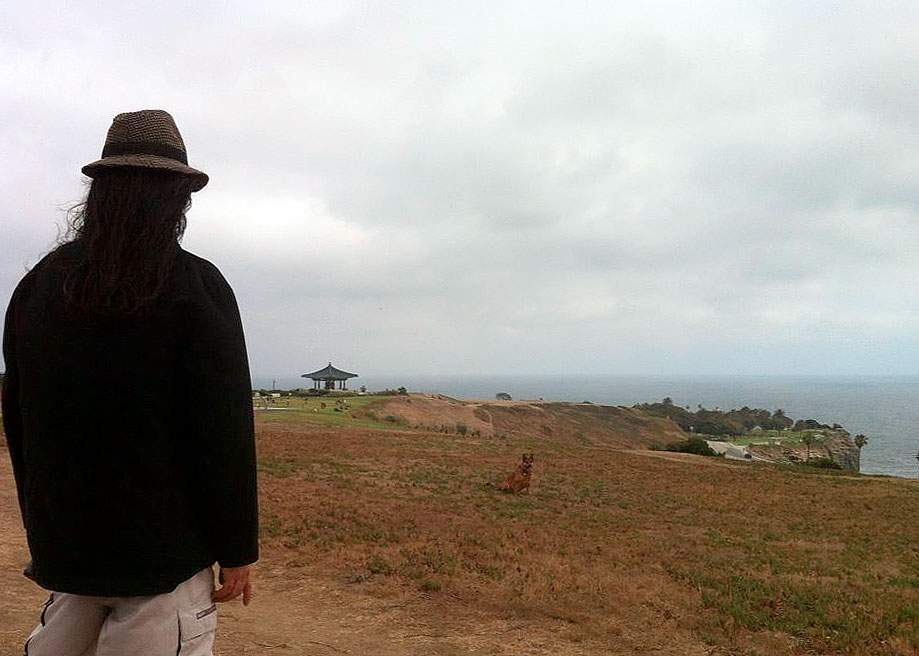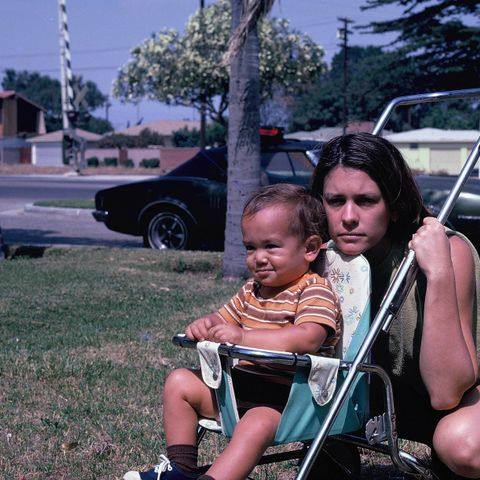Published on Apr 22, 2013
Music: “A Lady’s Errand of Love” – composed and performed by Martin Lass
In the three years since it first provided images of the sun in the spring of 2010, NASA’s Solar Dynamics Observatory (SDO) has had virtually unbroken coverage of the sun’s rise toward solar maximum, the peak of solar activity in its regular 11-year cycle. This video shows those three years of the sun at a pace of two images per day.
SDO’s Atmospheric Imaging Assembly (AIA) captures a shot of the sun every 12 seconds in 10 different wavelengths. The images shown here are based on a wavelength of 171 Angstroms, which is in the extreme ultraviolet range and shows solar material at around 600,000 Kelvin. In this wavelength it is easy to see the sun’s 25-day rotation as well as how solar activity has increased over three years.
During the course of the video, the sun subtly increases and decreases in apparent size. This is because the distance between the SDO spacecraft and the sun varies over time. The image is, however, remarkably consistent and stable despite the fact that SDO orbits the Earth at 6,876 miles per hour and the Earth orbits the sun at 67,062 miles per hour.
Such stability is crucial for scientists, who use SDO to learn more about our closest star. These images have regularly caught solar flares and coronal mass ejections in the act, types of space weather that can send radiation and solar material toward Earth and interfere with satellites in space. SDO’s glimpses into the violent dance on the sun help scientists understand what causes these giant explosions — with the hopes of some day improving our ability to predict this space weather.
There are several noteworthy events that appear briefly in this video. They include the two partial eclipses of the sun by the moon, two roll maneuvers, the largest flare of this solar cycle, comet Lovejoy, and the transit of Venus. The specific time for each event is listed below, but a sharp-eyed observer may see some while the video is playing.00:30;24 Partial eclipse by the moon
00:31;16 Roll maneuver
01:11;02 August 9, 2011 X6.9 Flare, currently the largest of this solar cycle
01:28;07 Comet Lovejoy, December 15, 2011
01:42;29 Roll Maneuver
01:51;07 Transit of Venus, June 5, 2012
02:28;13 Partial eclipse by the moon
(This video is public domain and can be downloaded.)
We all know this Facebook alert:
That’s in fact an F Major 7 (Fmaj7), which means it is composed of four notes: F, A, C, and E. According to former Facebook sound designer Everett Katigbak, the fact that the perfect ping sound also spelled FACE was a “serendipitous discovery.” =full story=

The Doors, with an open-shirted Ray Manzarek, take a break from rehearsal at their $200/month Venice Beach rental house in 1966. It was located on the strand and not too far from the Venice Pier (seen in the background). “Light My Fire” was created here. (photo: Bill Harvey)
NOTE: This photo appears in the book ‘The Doors by The Doors with Ben Fong Torres’, yet is a mirror image of this, giving us the impression that the band is north of the pier. I’ve gone ahead and flipped that photo horizontally, putting them south of the pier, and does indeed feel more genuine. The afternoon sun’s direction seems more accurate, and, if you look closely, you can see the buttons on Manzarek’s button-up shirt. Most shirts for men have buttons on the right of the garment.
UPDATE: For a broad shot, click here.











